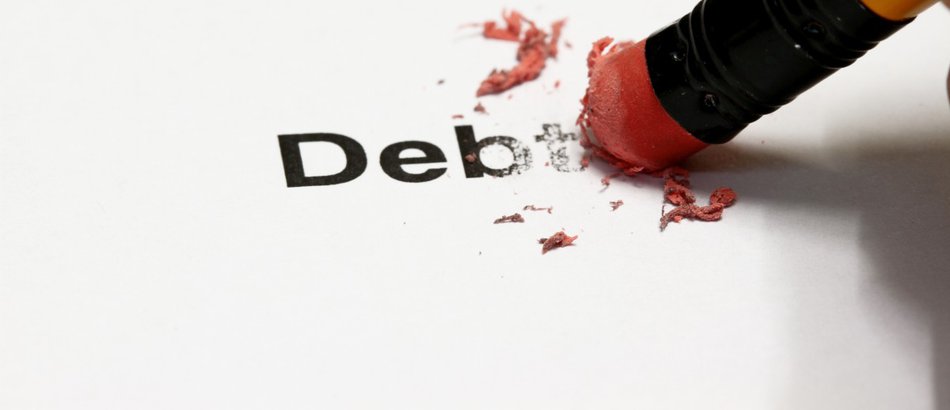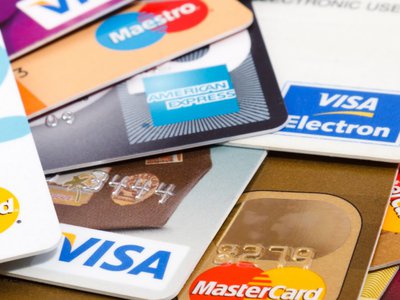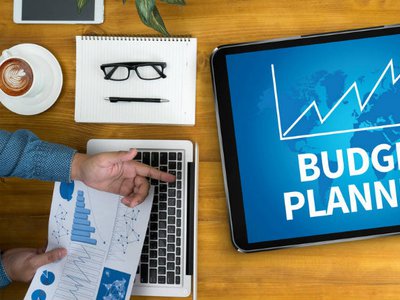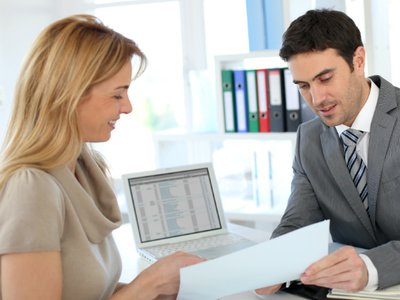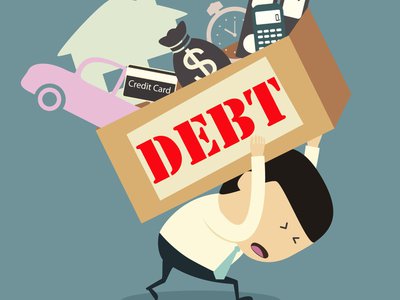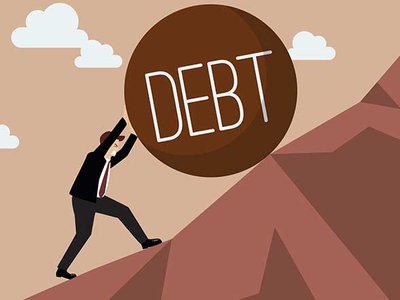Shop till you drop. It's the American M.O., from Manhattan's SoHo district, to the suburban malls of Cleveland, to Beverly Hills' Rodeo Drive. But a hard-to-curb spending habit isn't usually the whole story behind overwhelming debt. Sometimes a layoff, illness or failed marriage can spur us into debt before we know it.
For advice, we ask a personal finance expert for some tips on getting out of debt:
Create a budget
"You want to reverse the process that got you in over your head with consumer debt in the first place, and with most people that meant that they're spending exceeded their income," says Eric Tyson, a syndicated columnist and the author of the best-seller Personal Finance for Dummies.
To learn where your money is going, write down everything you spend for a month. Then, at the end of the month, look at your fixed and flexible expenditures along with your take-home pay and other income. You'll see where you can make cuts in spending to pay toward your debt.
Prioritize your debts
Pay off the highest interest rate cards first. "But even before you do that, would be to take those highest-rate cards and transfer the balances on the lower interest rate cards," Eric says.
"So if you've got a credit card at 12 percent, you may be able to find a credit card at 7 or 8 percent, and you can transfer the balance over and save yourself some money," he says.
If you transfer your balance, read the fine print and be are aware of any teaser rates and fees.
Tap into your savings
If you have savings to tap, use it to pay off your credit-card debt to save yourself from paying interest. But for many people, it can be difficult to use an emergency savings fund earmarked for a future medical bill, layoff or other major crisis.
"It's a hard decision because you don't want to feel like you're really on the edge, and that if you don't have that emergency reserve, and you take that money to pay down your credit-card debt or auto loan, it can feel that way." Eric says.
"But ask yourself, if you take your extra savings and you put it towards your credit-card debt, as long as you're disciplined about not running that balance right back up again, you've got the credit limit on your credit card as your emergency balance," he says. And then you can start saving again.
Look into a home-equity loan
Lower interest rates and tax deductibility are the advantages to paying off a consumer debt with a home-equity loan. But be careful: Using your home's equity is not a solution to a chronic debt problem.
"In the worst cases I've seen, you know, people will refinance their consumer debt through their home-equity loan three or four times, and the danger in doing that is, you know, they may wake up when they're 50 years old and have this enormous mortgage on their home, have very little equity left in their home," Eric says. "Now, they've got the consumer debt paid off, but they've got this huge mortgage around their neck, and that can be a real burden."
Get a debit card
"People who have had a tendency to overbuy with credit cards, a really important step to take is to acknowledge that you've got that problem and cut up the credit cards," Eric says.
For a credit card alternative, Eric suggests getting a debit card. The big advantage of the debit card over a credit card is that there are no interest charges. When you buy something with a debit card, the money comes directly out of your checking account. It's nothing more than an electronic check. So there's no monthly bill, no interest charges, no late fees and no debt burden. In other words, with a debit card, you can't spend more than you have.
When bankruptcy makes sense
"If your consumer debts account for 50 percent or more of your annual income, you're probably in a situation where you may not ever be able to get your head above water, and personal bankruptcy may be the best and only solution that you have," Eric says.

